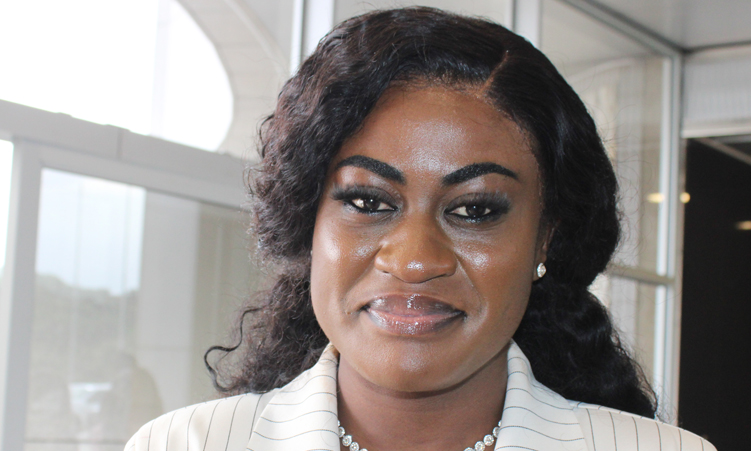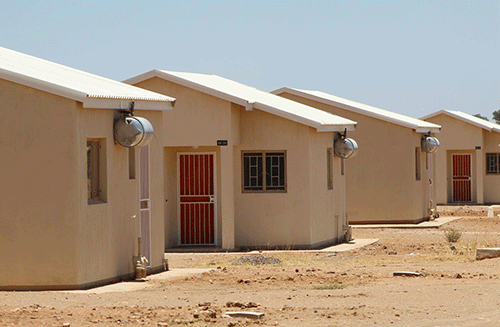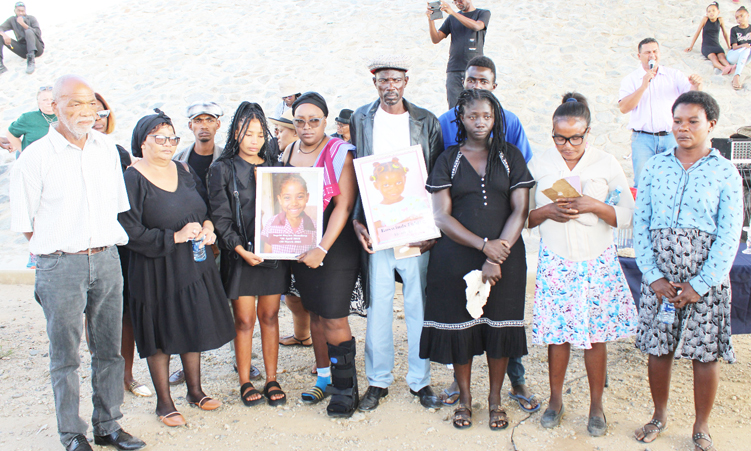Allow me space in your newspaper to revive a discussion on the meaning of the words Rundu and Runtu, which was initiated in your newspaper by Mandhavela Khasera at the end of 2003.
My approach is simply to provide explanations on the origin and meaning of the words, based on my own research through oral history interviews, archival research and literature reviews. The most pertinent questions to ask about the names Rundu and Runtu are their meaning, origin, usage, how and why their meaning has changed over time.Johannes Bosch, who carried out an ethnographical study about the VaShambyu people in 1964, noted that Runtu comes from the word Rundu which means ‘a place of high ground’.His ideas are supported by the writings of two Colonial military captains, Graf and Witte, who in 1911 passed near the place which in 1936 was to become Rundu and observed ‘dunes of about 15 metres high with rocky underground, nice high timber and direct shadow trees, bank direct going steeply to the Okavango, wind always from the river; landwards (Southwards), elevated country.’ (BSK.Runtu.Legger 12/18/1) It is also confirmed by Mandhavela, K (2003) who indicated in his report on ‘Rundu removals’ how some of his interviewees explained the word Rundu to mean mountain or hill.It seems evident, therefore, to say that the word Runtu comes from Rundu, which comes from the word ‘Ndundu’, meaning mountains or hill in Kavango languages.If this is the case, it can be argued that this town that is today known as Rundu changed from Rundu to Runtu and then back to Rundu again.It may sound crude and simplistic to say that in 1936, Rundu simply referred to the office of the Native Commissioner near the Kavango River.Yet this is confirmed by some oral interviews which show that when people referred to going to Rundu after 1936 they actually meant going to the Native Commissioner’s office.According to the Commissioner’s report on the tribal boundaries of Kavango, he stated that the border of Shambyu in the West ends at Runtu, beyond his office.This is evidence which shows that Rundu was just one small office.It can therefore be said that it was the word Runtu which originated from the word Rundu and not the other way around.It is also clear that Rundu started off as one small office and expanded to become a town in later years.I end off by extending an invitation to the public, especially in Rundu, to engage in debate on these words, because they form part of their identity as residents of the town.They need to ask what Rundu is, how did it come to be, and what does it mean for them to be residents of Rundu?Likuwa Kletus Namibian history student from Rundu University of Western Cape (via e-mail)The most pertinent questions to ask about the names Rundu and Runtu are their meaning, origin, usage, how and why their meaning has changed over time.Johannes Bosch, who carried out an ethnographical study about the VaShambyu people in 1964, noted that Runtu comes from the word Rundu which means ‘a place of high ground’.His ideas are supported by the writings of two Colonial military captains, Graf and Witte, who in 1911 passed near the place which in 1936 was to become Rundu and observed ‘dunes of about 15 metres high with rocky underground, nice high timber and direct shadow trees, bank direct going steeply to the Okavango, wind always from the river; landwards (Southwards), elevated country.’ (BSK.Runtu.Legger 12/18/1) It is also confirmed by Mandhavela, K (2003) who indicated in his report on ‘Rundu removals’ how some of his interviewees explained the word Rundu to mean mountain or hill.It seems evident, therefore, to say that the word Runtu comes from Rundu, which comes from the word ‘Ndundu’, meaning mountains or hill in Kavango languages.If this is the case, it can be argued that this town that is today known as Rundu changed from Rundu to Runtu and then back to Rundu again.It may sound crude and simplistic to say that in 1936, Rundu simply referred to the office of the Native Commissioner near the Kavango River.Yet this is confirmed by some oral interviews which show that when people referred to going to Rundu after 1936 they actually meant going to the Native Commissioner’s office.According to the Commissioner’s report on the tribal boundaries of Kavango, he stated that the border of Shambyu in the West ends at Runtu, beyond his office.This is evidence which shows that Rundu was just one small office.It can therefore be said that it was the word Runtu which originated from the word Rundu and not the other way around.It is also clear that Rundu started off as one small office and expanded to become a town in later years.I end off by extending an invitation to the public, especially in Rundu, to engage in debate on these words, because they form part of their identity as residents of the town.They need to ask what Rundu is, how did it come to be, and what does it mean for them to be residents of Rundu?Likuwa Kletus Namibian history student from Rundu University of Western Cape (via e-mail)
Stay informed with The Namibian – your source for credible journalism. Get in-depth reporting and opinions for
only N$85 a month. Invest in journalism, invest in democracy –
Subscribe Now!










